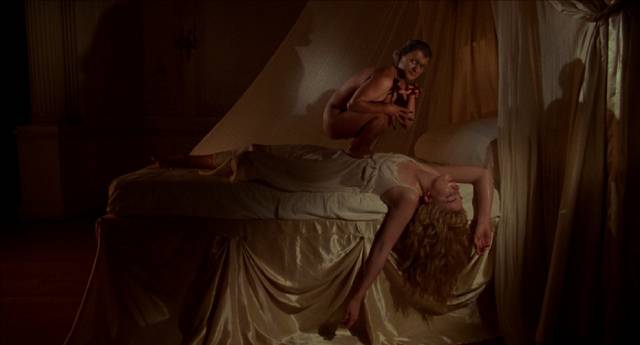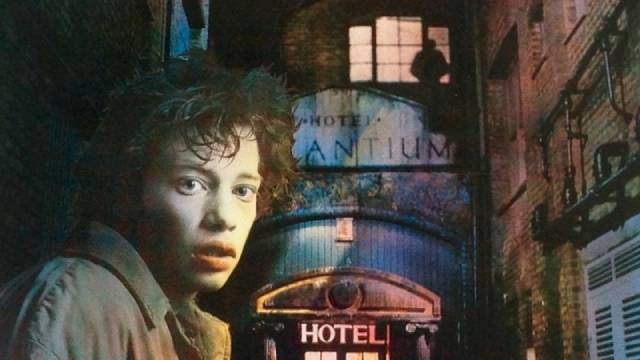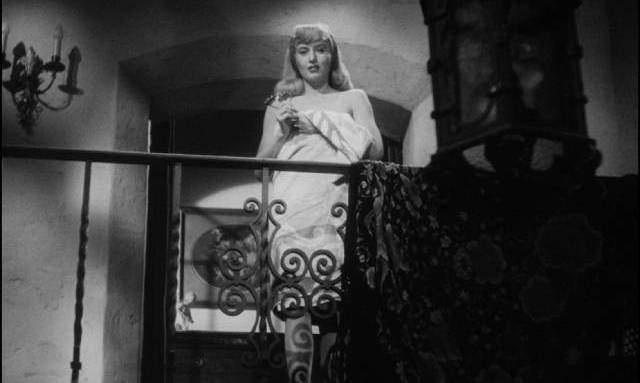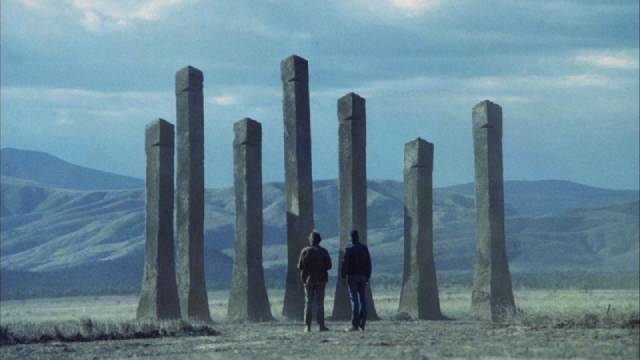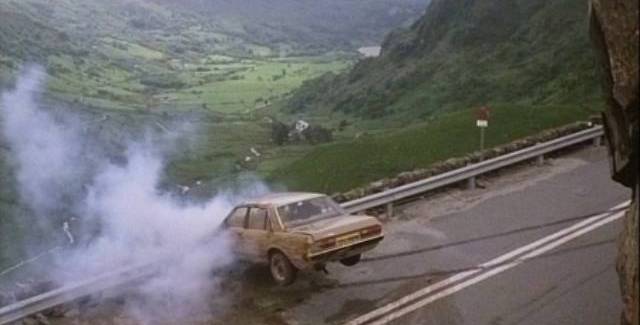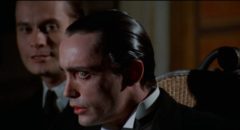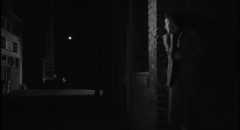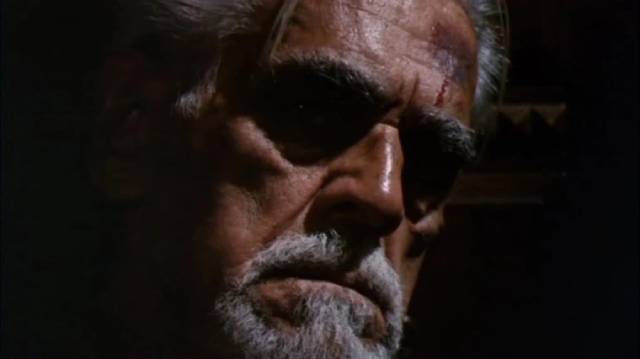
Two new Blu-rays showcase excellent restorations of a pair of late Boris Karloff movies – Daniel Haller’s Die, Monster, Die! (1965) from the BFI, Michael Reeves’ The Sorcerers (1967) from 88 Films. Despite being unwell and in constant pain, in both Karloff gives committed performances which illustrate why he remained a beloved star for four decades.
